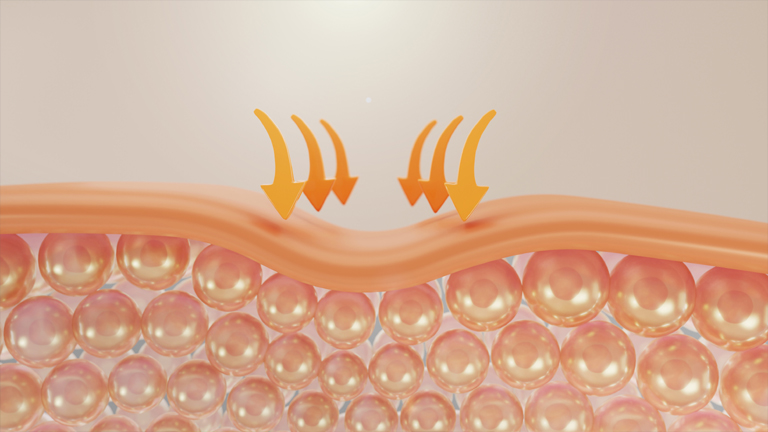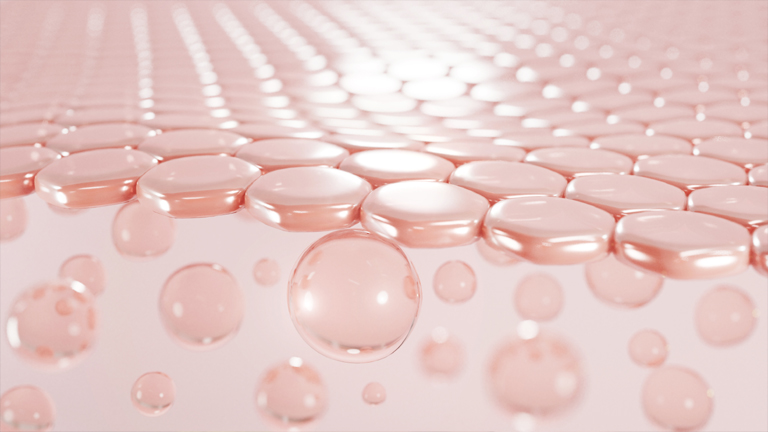Collagen is the most abundant protein in the human body, playing a crucial role in maintaining skin elasticity, joint health, and overall structural integrity. As we age, collagen production declines, leading to wrinkles, joint pain, and weaker bones. Fortunately, understanding collagen—its benefits, sources, and ways to enhance its levels—can help you maintain a youthful appearance and optimal health.
In this comprehensive guide, we’ll explore:
-
What collagen is and its different types
-
The science-backed benefits of collagen
-
Natural food sources rich in collagen
-
The best collagen supplements available
-
How to boost collagen production naturally
-
Common myths and FAQs about collagen
By the end, you’ll have a clear understanding of how to incorporate collagen into your lifestyle for maximum benefits.
Must Check: Anxiety Treatment
What Is Collagen?
Collagen is a fibrous protein that acts as a building block for skin, bones, tendons, ligaments, and connective tissues. It provides structural support, elasticity, and strength to various parts of the body.
Types of Collagen
There are 28 known types of collagen, but the most common ones include:
-
Type I – Found in skin, bones, tendons, and organs (90% of body’s collagen).
-
Type II – Present in cartilage, supporting joint health.
-
Type III – Supports muscles, arteries, and organs.
-
Type IV – Found in skin layers, aiding filtration.
-
Type V – Helps form cell surfaces, hair, and placenta tissues.
Each type serves a unique function, making collagen essential for overall wellness.
Top Benefits of Collagen
1. Promotes Youthful, Glowing Skin
Collagen improves skin hydration, elasticity, and reduces wrinkles. Studies show that hydrolyzed collagen peptides can increase skin moisture by 28% and reduce fine lines.
2. Supports Joint and Bone Health
Collagen helps maintain cartilage, reducing joint pain and stiffness. Research suggests that Type II collagen supplements can alleviate osteoarthritis symptoms.
3. Strengthens Hair and Nails
Collagen provides amino acids like proline and glycine, essential for keratin production—the protein that strengthens hair and nails.
4. Aids Digestion and Gut Health
Collagen supports the gut lining, preventing leaky gut syndrome and improving digestion.
5. Boosts Muscle Mass and Recovery
Athletes benefit from collagen as it helps repair muscle tissues and supports post-workout recovery.
6. Supports Heart Health
Collagen maintains arterial structure, reducing the risk of cardiovascular diseases.
Best Natural Sources of Collagen
While the body produces collagen naturally, certain foods can enhance its levels:
1. Bone Broth
A rich source of Type I and II collagen, bone broth is one of the best ways to consume collagen naturally.
2. Fish and Shellfish
Fish collagen (Type I) is highly bioavailable, found in salmon, cod, and sardines.
3. Chicken
Contains Type II collagen, beneficial for joints.
4. Egg Whites
Rich in proline, an amino acid crucial for collagen synthesis.
5. Citrus Fruits & Berries
Vitamin C in citrus fruits (oranges, lemons) boosts collagen production.
6. Leafy Greens & Garlic
Spinach, kale, and garlic contain sulfur, which helps prevent collagen breakdown.
Best Collagen Supplements
If dietary sources aren’t enough, supplements can help. The most effective types include:
1. Hydrolyzed Collagen (Collagen Peptides)
Easily absorbed and versatile (can be added to coffee, smoothies).
2. Marine Collagen
Derived from fish, ideal for skin health.
3. Bovine Collagen
Sourced from cows, supports joints and skin.
4. Vegan Collagen Boosters
While no plant-based collagen exists, supplements with amino acids, vitamin C, and silica can stimulate natural production.
How to Boost Collagen Naturally
1. Eat a Protein-Rich Diet
Include lean meats, fish, beans, and dairy to provide amino acids for collagen synthesis.
2. Increase Vitamin C Intake
Citrus fruits, bell peppers, and strawberries enhance collagen formation.
3. Avoid Sugar and Processed Foods
Sugar causes glycation, which breaks down collagen fibers.
4. Protect Skin from Sun Damage
UV rays degrade collagen—always use SPF 30+ sunscreen.
5. Try Collagen-Boosting Treatments
-
Microneedling – Stimulates collagen production.
-
Retinoids – Boost skin cell turnover.
Common Myths About Collagen
1: “Topical collagen creams work.”
✅ Fact: Collagen molecules are too large to penetrate skin—oral supplements are more effective.
2: “Only older people need collagen.”
✅ Fact: Collagen production starts declining in the mid-20s—early supplementation helps.
3: “Vegans can’t get collagen.”
✅ Fact: While no direct vegan collagen exists, plant-based nutrients (vitamin C, zinc) support natural production.
FAQs About Collagen
1. How long does it take for collagen supplements to work?
Most people notice skin and joint improvements within 4-12 weeks.
2. Can collagen cause side effects?
Collagen is generally safe, but some may experience mild digestive discomfort.
3. Is collagen good for weight loss?
Collagen may promote satiety and muscle retention, indirectly supporting weight management.
4. Should I take collagen in the morning or at night?
Anytime works, but taking it on an empty stomach may enhance absorption.
Conclusion
Collagen is a powerhouse protein that supports skin, joints, hair, gut, and overall vitality. By incorporating collagen-rich foods, supplements, and healthy lifestyle habits, you can slow aging, improve mobility, and enhance your well-being.
Ready to boost your collagen levels? Start with bone broth, a high-quality supplement, and sun protection for lasting benefits. Your future self will thank you!
Final Thoughts
For optimal results, combine collagen intake with a balanced diet, hydration, and exercise. Whether you’re looking to reduce wrinkles, ease joint pain, or strengthen hair, collagen is a game-changer for long-term health.
Would you like personalized recommendations? Drop a comment below!


